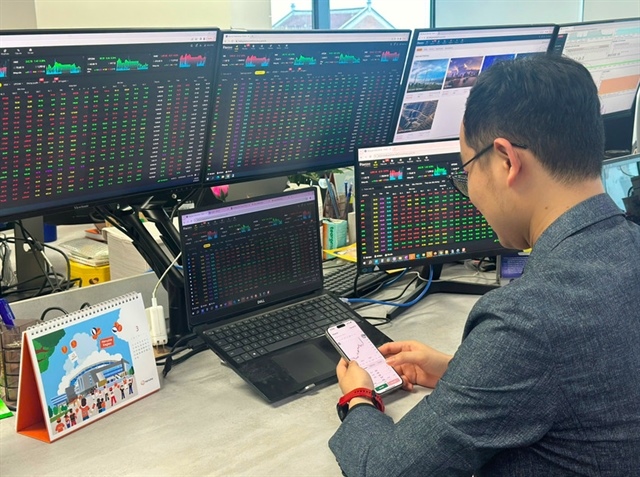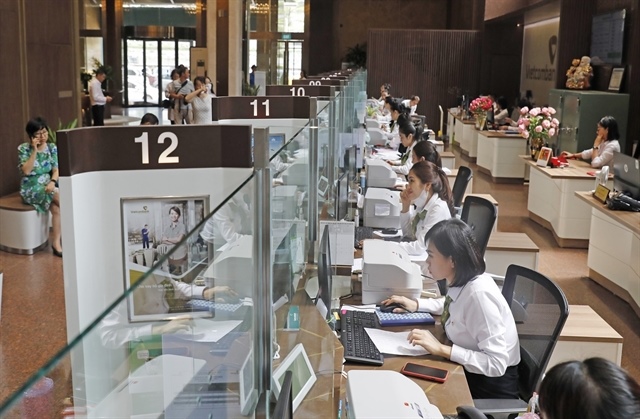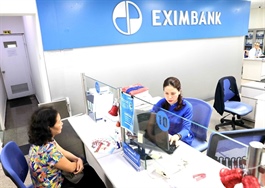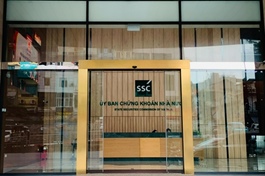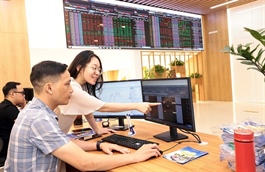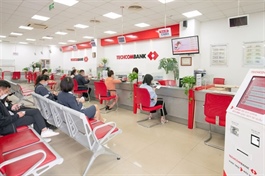VIR hosts roundtable to mark 25 years of Vietnam’s stock market
VIR hosts roundtable to mark 25 years of Vietnam’s stock market
To mark 25 years of capital market development, VIR hosted a high-level roundtable titled, 'Driving Forces Behind New Capital Inflows,' bringing together nearly 100 policymakers, business leaders, investors, and media representatives.

VIR's editor-in-chief Pham Van Hoanh |
The July 23 roundtable in Hanoi discussed how local and foreign investors were viewing current market opportunities, and where the strong influx of new capital was coming from that had helped propel Vietnam’s stock market forward. It also examined what additional conditions were needed to make these capital flows stronger, more sustainable, and longer-term, thereby reinforcing the market’s growth momentum.
In his opening remarks, VIR's editor-in-chief Pham Van Hoanh said, "Vietnam's stock market has gradually become one of the most important capital mobilisation channels of the economy, and a financial investment land attracting numerous people, businesses, and organisations."
While market participants are busy celebrating the meaningful 25th anniversary, Vietnam’s stock market has seen a surge in both trading volume and value, pushing the VN-Index past 1,500 since late June – the highest level among ASEAN markets.
"Could such impressive trading sessions be driven by new capital inflows, from investors who see fresh opportunities in a stock market full of potential?," suggested Hoanh.
Hoanh emphasised that this was also a key moment for businesses and experts to offer guidance to policymakers, helping to improve governance transparency, enhance the market’s appeal, attract more participants, and position Vietnam’s stock market as the country’s leading channel for capital mobilisation.
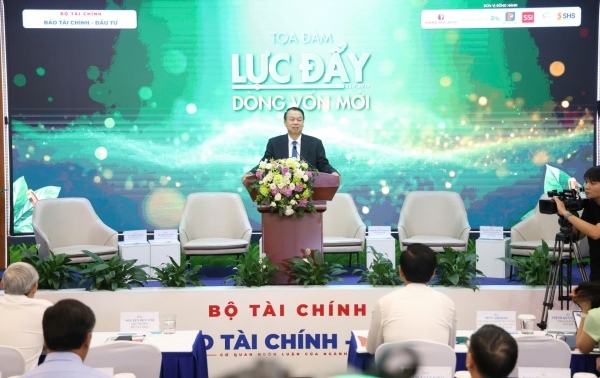
Deputy Minister of Finance Nguyen Duc Chi |
Deputy Minister of Finance Nguyen Duc Chi highlighted the 25-year journey of building and developing Vietnam’s stock market, including the establishment of a solid legal framework and a network of market participants with strong financial capacity, professional expertise, and proper qualifications.
"The market has come a long way – from just a few hundred investors in the early days to over 10 million accounts held by both domestic and foreign investors today," said Chi. "Stock market capitalisation now stands at more than 65 to 70 per cent of GDP – a scale we can truly be proud of."
The market’s technical infrastructure has been steadily evolving of late. Two months ago, the new KRX IT system was launched to support the changing needs of the stock market. In parallel, updated payment and securities transfer systems have been implemented, laying the groundwork for the upcoming launch of a central counterparty clearing system to further enhance market operations.
"The stock market should serve as a medium- and long-term channel for capital mobilisation, as well as a barometer of the economy’s health and business performance," Chi said. "After 25 years of development, the market has made meaningful progress on many fronts. Now is the time to consider how we can take it to the next level."
The deputy minister stressed that in the current context, the financial and stock markets must develop by attracting medium- and long-term capital to meet investment demand and support the country’s large-scale infrastructure projects.
Deputy Minister Chi outlined three key areas for discussion for the roundtable.
First, he highlighted the need to improve the legal framework to support the market’s next phase of development. He urged participants to identify and address regulatory bottlenecks that are holding back qualitative progress.
Second, he called for solutions to expand the supply of high-quality listed companies – those with strong fundamentals, large market capitalisation, and the ability to attract major investors.
Third, Chi focused on market structure and infrastructure. He raised important questions about how to increase the participation of institutional investors, enhance financial literacy among individual investors, and gather input from market members to further development. "How can we accelerate the market’s upgrade, maintain its global ranking, and continue improving it further?" he asked, noting that these are urgent issues requiring collective effort.
- 10:00 23/07/2025


